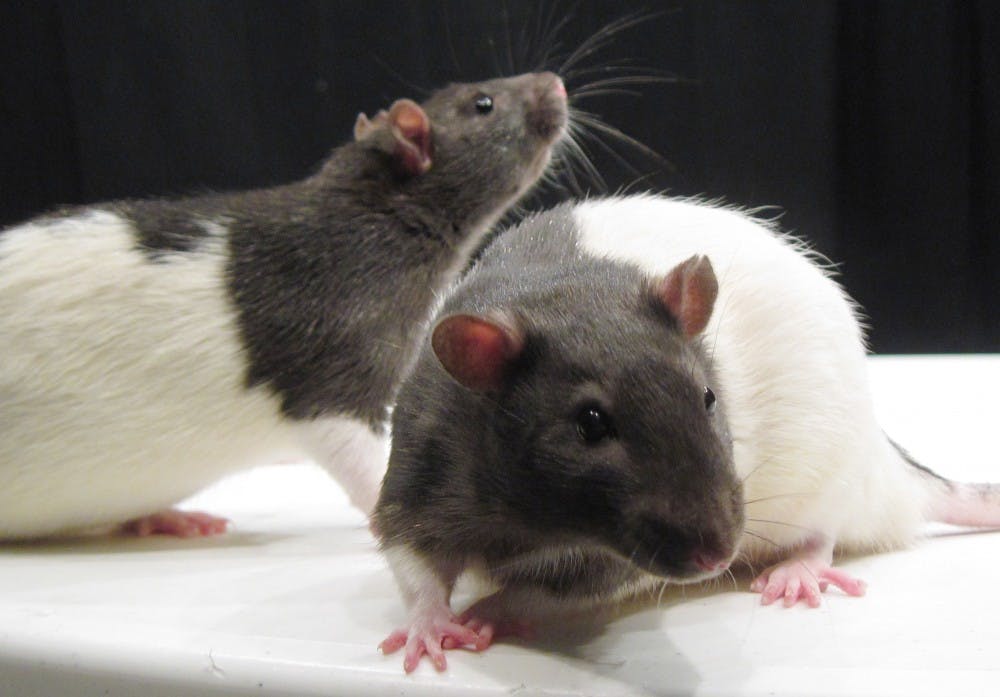In the United States 9.4 percent of the population suffers from diabetes, affecting over 30 million people. The disease is the seventh leading cause of death in the U.S., and the total estimated cost of diagnosed diabetes is $245 billion. Clearly diabetes is no small issue.
Despite the number of people it affects and the billions of dollars poured into diabetes research, an effective cure for diabetes has yet to be discovered. Currently, those with diabetes deal with the disease by combining diet control, exercise, blood glucose monitoring and doses of insulin.
In a new study done by researchers at Yale University, a special low-calorie diet may be the solution diabetic patients are hoping for.
According to senior author Dr. Gerald I. Shulman, the George R. Cowgill Professor of medicine and cellular and molecular physiology and an investigator at the Howard Hughes Medical Institute, a very-low-calorie diet may be able to reverse type 2 diabetes in humans.
Type 2 diabetes is a disease where the body does not produce enough insulin or is not able to use the insulin it makes effectively. This type of diabetes usually develops after age 40. Diabetic patients must monitor their blood sugar levels multiple times a day to make sure that blood sugar levels are in range.
The research team completed trials of a very-low-calorie diet in rodents. The team cut the rodents’ food intake by four and found that there was decreased blood glucose concentrations.
The researchers used a method known as PINTA to analyze liver metabolism and determine factors that could lead to decreased glucose concentrations in diabetic rodents that had undergone the low-calorie diet
The researchers concluded that the very-low-calorie diet was able to lower glucose production by limiting the conversion of lactate and amino acids to glucose, as well as decreasing fat content. Limiting fat content would be able to improve the liver’s response to insulin (an impaired function in most diabetic patients).
Additionally, the low-calorie diet also decreased the rate of liver glycogen conversion to glucose, thereby lowering the blood glucose levels. The lowered blood glucose concentrations were seen in just three days after the low-calorie diet was administered.
“Using this approach to comprehensively interrogate liver carbohydrate and fat metabolism, we showed that it is a combination of three mechanisms that is responsible for the rapid reversal of hyperglycemia following a very low calorie diet,” Shulman said, according to ScienceDaily.
Surprisingly, while the diet seemed to reverse type 2 diabetes, it did not change the body weight of the mouse models dramatically.
According to Shulman, researchers should focus next on studying the effects of a low-calorie diet in type 2 diabetic human subjects and using the PINTA methodology to track glucose production.
Furthermore, Shulman said that researchers must start by understanding the mechanism of the type 2 diabetes reversal.
“These results, if confirmed in humans, will provide us with novel drug targets to more effectively treat patients with type 2 diabetes,” Shulman said.





